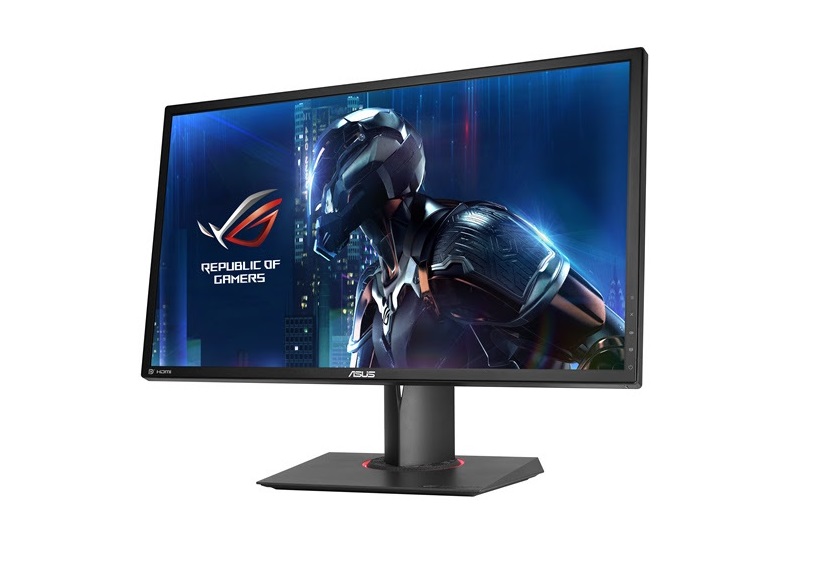South African ICT resellers need to recast themselves as strategic advisors who can help businesses make sense of the exponential growth of the latest set of digital technologies, including the Internet of Things (IoT), artificial intelligence (AI) and the blockchain. Those that position themselves as partners to the people making strategic business decisions in end-user organisations will be the ones who thrive in 2018.
IoT, blockchain, AI, and augmented and virtual reality promise to disrupt the way we do business over the next two to five years. However, these technologies cannot be seen in isolation because they have a multiplier effect on one another.
One of the major challenges resellers face is understanding how disruptive digital technologies interact with each other and create that multiplier effect. For example, we’ve already seen how the combination of mobile, big data and the cloud have enabled startups such as Uber and Airbnb to create new business models. The question we need to ask today is how the next wave of digital tech will interact to create new business models and businesses.
Many end-user organisations in South Africa are trying to understand what applications blockchain, AI, and the IoT will enable over the next five years, as well as the underlying architecture and skills they need to put into place to use these technologies to their full potential. Making decisions is complicated by a lack of in-house skills in emerging technologies as well as the varying maturity of different solutions.
Above all, with technology budgets under pressure, many organisations are focusing on keeping the lights on rather than on innovation. In the current tight economy, they need to see how emerging technologies can help them save problems such as reducing costs, growing market share, enhancing employee engagement or improving customer satisfaction before they’ll invest.
Channel partners can add value by understanding the technology landscape, where various technologies are in the hype and adoption cycle, and how these technologies can address tangible businesses issues. The exponential growth curve of technology today inspires awe and fear—resellers need to demystify the technology and bring it down to a human scale.
Forget the slides showing how many millions of jobs robots will displace or forecasting billions of dollars in savings from using chatbots by 2020—the channel must help enterprises chart an adoption path that will help them position for the future while addressing challenges that they face today.
ICT resellers themselves face disruption by digital technology, with more and more companies acquiring applications, infrastructure and other IT solutions as cloud-based services. Whereas the CIO used to hold the purse strings, it is line managers in marketing, sales, finance, operations and other departments who today make many of the IT purchasing decisions.
That implies resellers need to get closer to the strategic decision-makers. Many of them are seeking partners who can help them understand issues like: What to do with all this big data we’re collecting? Are there applications for the blockchain in my industry? How can AI improve my customer experience?
It’s all about taking a journey with the customer to solve their business problems.
Anton Herbst is the Head of Strategy for the Tarsus Technology Group.







